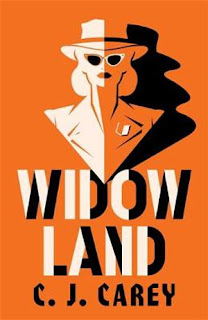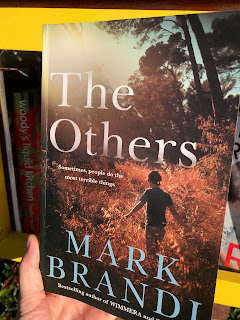A mixed bag_90 to 97

So much reading, so little blogging. I've wolfed down a smorgasbord of books without even tasting them; all calories, little goodness. For the record, I note: The really dreadful 'Parting the Veil' by Paulette Kennedy—what a muddle. American heiress marries rich but psychotic English Lord in haunted mansion, with lashings of sex, grief, PTSD and Jungian psychology. 'Model Home' by Courtney Sullivan features universally awful people living in US home re-modelling reality TV-land. I felt mean and stupid reading it, but thankfully it was short. Matthew Fitzgibbon's 'Constance' is a near-future sci fi cloning thriller. 'A Day Like This' by Kelley McNeil has a solid premise: Annie wakes up from a car accident remembering a daughter who doesn't exist. 'The Colour of Law' is a wannabe John Grisham; perfect beach reading, thanks Mark Gimenez. James Patterson's 'The Noise' starts well—a very loud noise destroys a town, 2 kids survi...















































